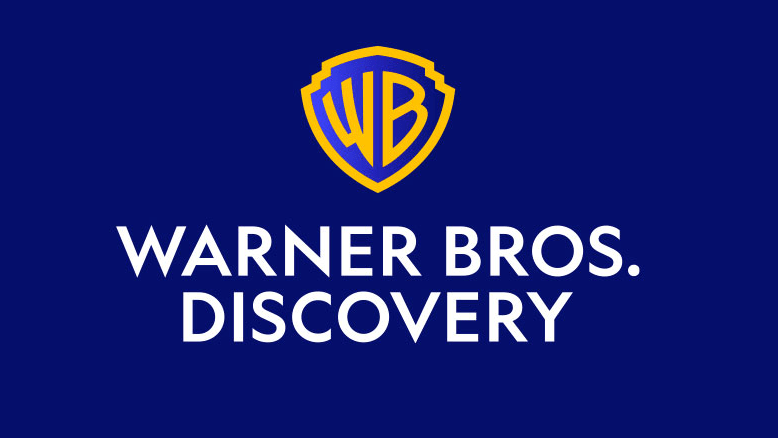Warner Bros. Discovery faces financial turbulence: A deep dive into the challenges and future strategies
Warner Bros. Discovery’s stock plummets
Shares of Warner Bros. Discovery experienced a significant drop, falling over 8% on Wednesday, nearing all-time lows. This decline follows the media conglomerate’s announcement of a staggering $11.2 billion in impairment charges, including a $9.1 billion write-down due to the devaluation of several of its linear television networks.
In after-hours trading, the stock dipped below $7.10 per share, approaching its lowest closing price of $6.99 per share recorded on June 18, 2024. Year-to-date, Warner Bros. Discovery shares have already decreased by 34%.
As of Wednesday’s market close, the company’s market capitalization stood at $18.8 billion, a sharp contrast to the over $50 billion valuation following Discovery’s acquisition of WarnerMedia in April 2022. When companies write down goodwill, they reduce the value of the underlying assets on their balance sheets and record an expense on the income statement for the loss.
The impact of financial setbacks
The plummeting stock, disappointing Q2 earnings, massive debt load, and the impending loss of NBA rights starting with the 2025 season are putting immense pressure on CEO David Zaslav to devise a swift and effective strategy to stabilize the company.
“In light of industry headwinds, we have and will continue taking bold steps, like reimagining our existing linear partnerships and pursuing new bundling opportunities, with the goal to get Max on the devices of more consumers faster and at a fraction of the acquisition cost,” Zaslav stated in prepared remarks about the Q2 earnings.
Cost-cutting measures and potential mergers
Last month, Warner Bros. Discovery laid off nearly 1,000 employees in a bid to reduce costs. There is speculation that a merger or acquisition event could be on the horizon for WBD, similar to the deal Skydance Media negotiated to merge with Paramount Global, which also has a business heavily weighted toward TV.
Zaslav, speaking at an investment conference this spring, mentioned that Warner Bros. Discovery would be “opportunistic” in seeking M&A deals over the next two to three years. “There are a lot of players that are losing a lot of money,” he said. “There’ll be some players that want to get out of the business, that will look to consolidate their streaming businesses with others.”
At Allen & Co.’s retreat last month in Sun Valley, Idaho, Zaslav expressed his support for any presidential candidate who could cut through government red tape and facilitate M&A activities. “We just need an opportunity for deregulation, so companies can consolidate and do what we need to be even better,” he said.
The future of Warner Bros. Discovery
The current financial turbulence at Warner Bros. Discovery is a stark reminder of the challenges faced by traditional media companies in an evolving digital landscape. The company’s reliance on its pay-TV business has proven to be a double-edged sword, as the shift towards streaming services continues to disrupt the industry.
For cinema and TV series enthusiasts, the future of Warner Bros. Discovery’s content offerings remains a topic of great interest. The company’s ability to adapt and innovate will be crucial in maintaining its position as a leading content creator. As Zaslav and his team navigate these turbulent waters, the industry will be watching closely to see how they leverage their vast library of content and strategic partnerships to stay competitive.
For those interested in exploring Warner Bros. Discovery’s latest offerings, here are some links to trailers and information pages for their popular movies and series:
Personal reflections and analysis
As a long-time observer of the media industry, it’s fascinating to see how companies like Warner Bros. Discovery navigate the complexities of a rapidly changing landscape. The challenges they face are not unique, but their approach to overcoming them will set a precedent for others in the industry.
The emphasis on reimagining linear partnerships and exploring new bundling opportunities is a strategic move that could pay off in the long run. However, the success of these initiatives will depend on the company’s ability to execute them effectively and adapt to consumer preferences.
For music enthusiasts, the parallels between the media and music industries are striking. Both sectors are grappling with the shift from traditional distribution methods to digital platforms. The lessons learned by Warner Bros. Discovery could offer valuable insights for music companies facing similar challenges.
the road ahead for Warner Bros. Discovery is fraught with challenges, but also filled with opportunities. The company’s ability to innovate, adapt, and leverage its strengths will determine its future success in an increasingly competitive landscape.

 Italian
Italian







